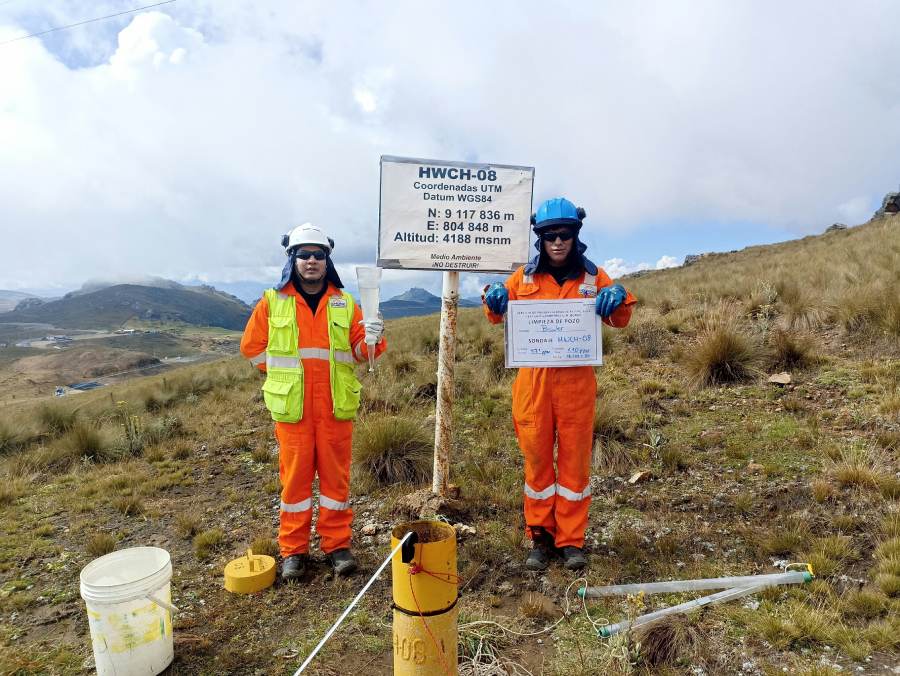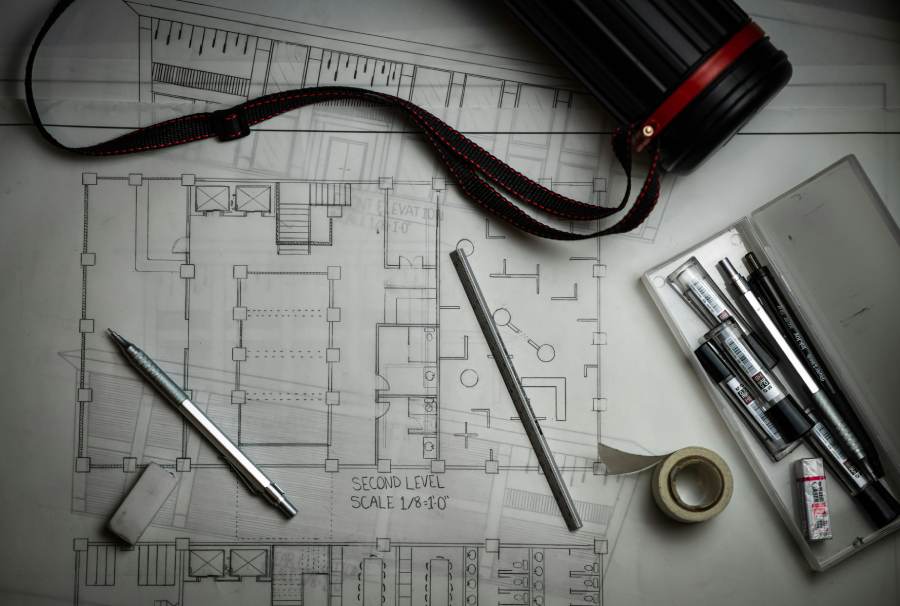When it comes to building bridges, roads, tunnels, or skyscrapers, most people focus on design and materials. But ask any experienced civil engineer, and they’ll tell you, nothing matters more than what lies beneath the surface. That’s where geology comes in. Without it, even the most well-planned project can run into serious problems.
Here, we’ll walk through exactly why geology is important in civil engineering, where it fits in the construction process, and what risks it helps avoid. Whether you’re a student, builder, or just curious about how engineering works, you’ll find practical value in every section.
Why Geology Is Important In Civil Engineering?
Geology plays a foundational role in civil engineering. It helps engineers understand the ground they’re building on, assess risks, choose the right materials, and design structures that last. But what exactly makes geology so important in the civil engineering process? Here’s a quick breakdown of the key reasons, each one tied directly to real-world construction.

Understanding Geological Processes
Before any project begins, the role of civil engineers is to understand how the land was formed and how it behaves. But that’s nearly impossible without the insights provided by engineering geology. This is where studying geological processes like erosion, weathering, plate tectonics, folding, and faulting becomes critical.
For example, areas with heavy erosion may have unstable soil. Sites with active faults, like in earthquake zones, need extra reinforcement or design adjustments. And knowing whether rocks are sedimentary, metamorphic, or igneous can affect decisions around drilling, anchoring, or blasting.
Understanding these natural processes gives engineers insight into terrain stability, how land will react under pressure, and what long-term risks may exist.
Site Investigation and Subsurface Characterization
Every civil project starts with one key step: site investigation. This is the point where geology directly shapes engineering decisions.
Geological mapping, borehole drilling, and geophysical surveys help reveal what’s under the surface. Is the soil compact or loose? Are there water pockets, voids, or buried faults? Is there rock near the surface that might affect excavation?
Subsurface investigation ensures that engineers don’t design a building for one kind of ground, only to find out it’s sitting on something completely different. It’s a science-backed safety check that saves money, time, and lives.
Geotechnical engineering
Geotechnical engineering is the branch of civil engineering that deals with soil and rock behavior. Civil engineering as a whole plays a major role in shaping the environments we live in, from transportation networks to resilient cities.
At its core is soil mechanics, a subject that uses geology to understand how the ground will react to the weight of a structure.
This includes calculating load-bearing capacity, analyzing settlement potential, and testing for shear strength or compaction. Without these calculations, a foundation might crack, tilt, or even fail.
Good soil analysis helps engineers decide whether to use shallow foundations or deep piles, whether ground improvement is needed, and how much reinforcement is required. It also ensures roads and railways don’t deform under pressure over time.
Identifying Geological Hazards and Risk Assessment
One of the most valuable reasons geology is used in civil engineering is hazard identification and risk mitigation.
Geologists and engineers work together to identify earthquake zones, landslide-prone slopes, sinkhole risks, subsidence issues, and flood-prone areas. This knowledge informs the design, materials, and safety features of each project.
For example, the importance of geology in civil engineering is clearly visible in determining what needs to be done in certain areas:
- In earthquake-prone areas, flexible foundation systems or base isolators might be added.
- In landslide zones, retaining walls, slope grading, or ground anchors may be required.
- In regions with soft clay or peat, ground improvement techniques like vibro-compaction or soil replacement are used.
By understanding the geological risks ahead of time, civil engineers reduce the chances of structural failure and protect both people and property.
Groundwater and Hydrogeology in Civil Engineering
Groundwater can make or break a project, literally. If not properly accounted for, it can undermine foundations, flood basements, or destabilize excavations.
Knowing the depth of the water table, how water flows underground, and where aquifers exist helps engineers:
- Plan safe excavation
- Design effective drainage systems
- Prevent water seepage into basements or tunnels
- Avoid flooding during and after construction
If groundwater isn’t managed properly, it can lead to costly issues like soil liquefaction, foundation erosion, and waterlogging. Techniques like dewatering, sub-drainage, and waterproofing are used to address these risks, guided by geological data.

Material Selection
Geology isn’t just about identifying hazards. It’s also about choosing the right materials to build strong, long-lasting structures. Civil engineers strongly rely on geological knowledge to evaluate the physical and chemical properties of natural materials used in construction.
Understanding a material’s compressive strength, durability, and weathering resistance is critical when selecting aggregates or stone. Some rocks, like granite and basalt, offer excellent strength and are ideal for high-load structures. Others, like limestone or sandstone, may be better suited for facades or decorative finishes but require weather resistance testing before use.
Geological surveys also help identify locally available aggregates, gravel, crushed stone, sand, and clay that meet construction-grade specifications. This reduces transportation costs, supports sustainability goals, and ensures materials are well-suited to the regional climate and soil conditions.
Construction planning and design
Every decision in a civil engineering project is stronger when it’s backed by accurate geological data.
From selecting safe zones for building to optimizing the orientation of slopes and drainage paths, geology shapes the project plan. Even zoning approvals often depend on geological reports that prove a site is safe and stable.
Designers use geological input to determine the depth of excavation, the placement of footings, and even the way a road curves through hilly terrain. Without this integration, projects are more likely to face delays, budget overruns, or structural issues.

Conclusion
At the end of the day, you can have the best design in the world and top-quality materials, but if you don’t understand the ground you’re building on, the whole project is at risk. That’s why geology is important in civil engineering. It isn’t just a background subject in civil engineering, but a part of the foundation, literally and figuratively.
From spotting trouble early during site investigation to helping you pick the right materials and avoid costly surprises underground, geology quietly guides every major decision. It’s the difference between guessing and building with confidence.
So while most people look at the structure above ground, civil engineers know the real story starts below the surface.
